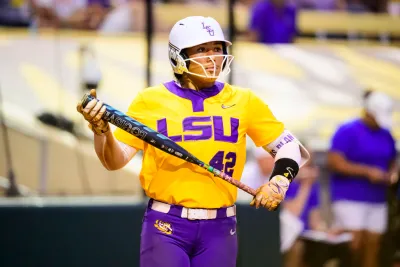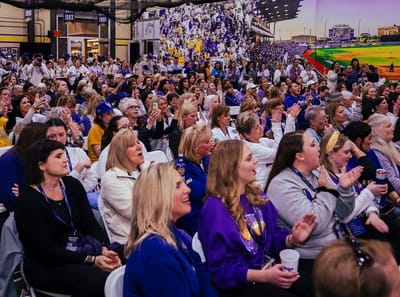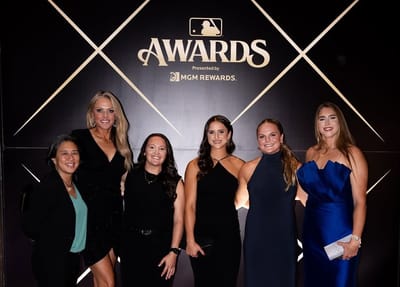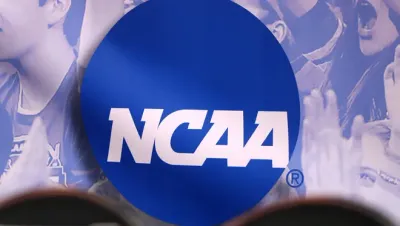
Beyond the Championships: How the Dodgers Turned Winning into a Global Business Model
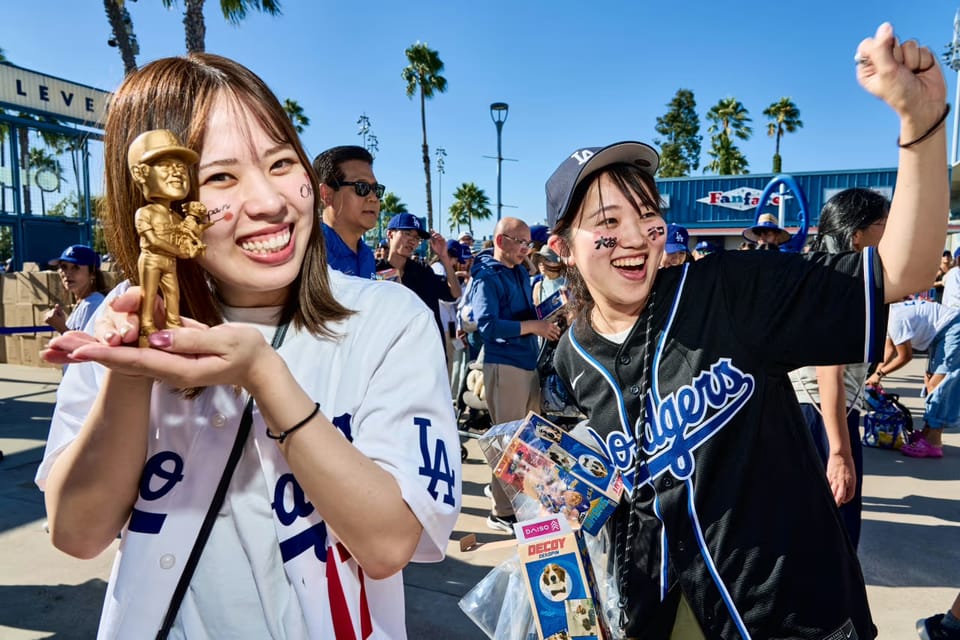
I’m embarrassed to admit that when the Dodgers won the World Series last week, I actually fell asleep somewhere between the bottom of the eighth and the top of the ninth.
When I woke up the following morning and flipped on FS1 to watch it, I already knew the Dodgers had won — but my heart was still racing like I didn’t. Yamamoto had apparently gone superhuman in extras, and the Dodgers had pulled it off again.
Back-to-back.
In a sport where that hasn’t happened in more than twenty years. Miguel Rojas said something in his on-field interview: “We started the earliest of anyone in Japan and ended the latest.”
You have to tip your cap to that.
From March in Tokyo to November in Toronto, they went wire-to-wire and finished the job. People can talk payroll all they want, but that’s one of the hardest things to do in professional sports — and they did it.
So now what?
The Dodgers just became the first team in two decades to repeat as World Series champions. They have the highest payroll in baseball. They’re loaded with MVPs, Cy Youngs, and global megastars.
But the bigger story — the one hiding in plain sight — is how they’ve quietly become baseball’s global business model.

Winning. Then scaling.
Let’s be clear: winning championships matter. They validate the assets. The Dodgers delivery of back-to-back championships (2024 & 2025) gives the narrative credibility and the luxury tax penalty justification.
But to build long-term value, the franchise moved beyond just winning. They asked: How do you turn that ring into a global brand? The answer lies in two interlocking moves: access and culture.
Access, meaning: show up in markets beyond L.A.
Culture, meaning: understand, develop, and build in those markets.
The Dodgers did both.
Japan & Korea aren’t peripheral—they’re central
Baseball in Japan and Korea isn’t a fringe sport. It’s mainstream. Fully commercial. And if you ignore that, you overlook a major growth engine.
Consider the numbers: Shohei Ohtani has been MLB’s jersey sale leader since 2023, joining Mookie, Aaron Judge, and Derek Jeter as the only other players to hold that spot for three straight seasons. I’ll go ahead and venture that Shohei’s Japanese teammate Yamamoto will join him in the top 20 next year after his historic run this October.
Jersey sales aren’t just vanity—they’re revenue plus global reach. When you sell Ohtani gear in Tokyo, you’re earning dollars, building brand equity, and making Los Angeles relevant on three continents.
Now, lets look at the 2025 Tokyo Series: the Dodgers vs. Cubs played in Tokyo Dome in March. The series is reported to have drawn over 25 million viewers in Japan and saw merchandise collections surge +320% vs prior international events with Fanatics reporting over 40 million in sales from cards and merch.
And it extends into the memorabilia world. Ohtani’s 50th home-run ball from 2024 sold for $4.39 million, the highest price ever for a baseball. His game-used items, trading cards, and signed bats are setting eBay records. Yamamoto’s rookie cards are en fuego right now (I actually would not suggest buying them right this second, performance inflation is real) and his content and story is all over social media.
That kind of crossover between fine art, collectibles, and sport is rare — and it’s the future of fan engagement.

Roster strategy = market strategy
In athlete development, we talk about upside, contracts, performance. The Dodgers are always doing that—but they also built market upside. Signing Shohei Ohtani wasn’t just for his on-field performance; it was global market access. Yamamoto wasn’t just a pitcher for LA; he symbolized another gateway to Japan’s fanbase.
These signings create value beyond the mound or at the dish. Generational talents, winning championships, a culture rich in tradition, legacy, and luxury— that is revenue in perpetuity.
Every reunion, every commemorative jersey with a “2025 World Series” (or 24), everything with Dodgers and Ohtani and Yamamoto on it— the Dodgers are getting paid.
The Dodgers collect royalties on every unit sold, domestic or overseas. Multiply that by millions. Add media rights, tourism, sponsorships. That’s how you justify paying Ohtani $700 million. The global audience helps pay the tab.
Bleacher Report reported that the Dodgers generated nearly $90 million in new sponsorships tied directly to Ohtani’s signing within six months.
When you stack jersey sales, licensing, and Japanese-brand partnerships, his deal practically covers itself.
So yes: performance still matters, but global brand relevance matters too. And the Dodgers are building around both.
Merchandise, art drops, cards—culture meets commerce
One of the most powerful signals: the collaboration between the Dodgers and Japanese contemporary artist Takashi Murakami.
Ahead of the Tokyo Series, MLB and Murakami launched a limited-edition collection—jerseys, hoodies, trading card sets—tailored for the Japanese market and global hype.
Then after the 2025 title, the Dodgers/Murakami world dropped another collection: featuring Katakana “DODGERS”, Murakami’s signature smiling-flower motif, and “2025 World Series Champions”. Available online, in L.A., and in Japan.

Let’s break down what’s happening here:
- You sign global stars (Ohtani, Yamamoto) → you amplify awareness.
- You release culturally-tuned merchandise (Murakami collabs) → you deepen engagement.
- You monetize not just in the U.S. but globally (online drops, Japanese stores, trading cards) → you scale revenue.
And for someone working in athlete development, analytics or brand strategy, this is your playbook. Performance alone doesn’t capture value—cultural commerce does.
Economics in plain sight
Let’s look at the financial side. When a jersey sells across multiple continents, when merchandise drops sell out within minutes, when a franchise draws millions of overseas viewers—the numbers matter.
– Ohtani’s jersey at #1 globally underscores his global pull.
– The Tokyo Series merchandise uptick (+320%) is a direct indication of incremental revenue coming from Asia.
– A Murakami drop tied to championship branding? That’s high-margins, culture-driven commerce.
And when you aggregate these flows—tourism from Japan to L.A., Asian brands signing sponsorship deals, global digital broadcast rights—you build enterprise value. The Dodgers are arguably among MLB’s most valuable franchises (~$7.7 billion, per Sportico) and global relevance is increasingly a driver.
For the sport at large: more teams will invest overseas, sign global talent, build localized experiences. But for now, the Dodgers are way ahead.
Why this matters for baseball’s future
MLB needs growth. Domestic viewership is fragmented; youth participation battles with every other sport. But globally, baseball is booming.
Japan’s market is already massive. Korea’s KBO continues to grow. China’s developmental leagues are coming. Latin America and the Caribbean baseball culture remains a pipeline of talent and fandom.
The Dodgers aren’t just capitalizing on this—they’re validating it.
Each international player signing helps MLB expand its broadcast and merchandising reach. Each Tokyo Series or Seoul Series drives global ad inventory. Each championship backed by global stars grows the pie for everyone.
That’s what people forget: Ohtani’s contract isn’t just the Dodgers’ bet — it’s MLB’s investment in global scale.
Caveats & perspective
It’s easy to hate the Dodgers. Big payroll, blue blood brand, Hollywood storylines. But you can’t deny execution.
They started their season across the world and ended it on another continent. They bridged cultures through art, through players, through performance. And in doing so, they showed where the sport can go if people stop thinking small and traditional.
For fans in Japan or Seoul, the Dodgers are now their team too. For kids in L.A., they’re proof that baseball can still feel larger than life. For MLB, they’re the test case for whether baseball can scale globally without losing its soul.

My Takeaway
I love this version of baseball. Global. Connected. Intentional. It’s a model built on respect — for talent, for culture, for opportunity.
The Dodgers expanded what a baseball franchise can be. They turned globalization into a performance advantage.
People will keep talking about payroll. I’ll keep talking about process.
Because what the Dodgers are doing — from Ohtani’s global magnetism to Yamamoto’s Game 7 dominance to the Murakami art drops and Tokyo Series economics — is bigger than baseball. It’s how the sport grows up.

